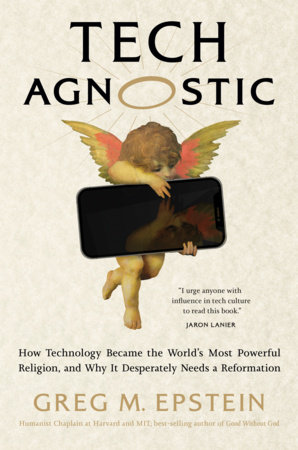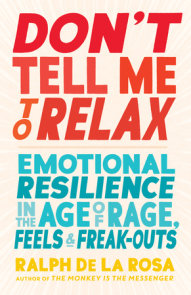

The Monkey Is the Messenger
By Ralph De La Rosa
Foreword by Susan Piver
By Ralph De La Rosa
Foreword by Susan Piver
By Ralph De La Rosa
By Ralph De La Rosa
Category: Religion | Meditation & Mindfulness | Philosophy | Self-Improvement & Inspiration
Category: Religion | Meditation & Mindfulness | Philosophy | Self-Improvement & Inspiration

-
$16.95
Nov 13, 2018 | ISBN 9781611805840
-
Nov 13, 2018 | ISBN 9780834841833
YOU MAY ALSO LIKE

Mysticism

Being Peace

The Sun My Heart

Black Joy Playbook

Tech Agnostic

Do It Anyway Devotional

The Buddha’s Gift to the World

KJV Holy Bible, Large Print Medium format, Pink Cloth Hardcover w/Ribbon Marker, Red Letter

KJV Holy Bible, Large Print Medium format, Purple Cloth Hardcover w/Ribbon Marker, Red Letter
Praise
“With a rare authenticity, Ralph De La Rosa seamlessly blends trauma theory and neuroscience into the framework of Buddhism. Reading this work will be deeply healing for so many people. If you have ever felt a little broken, pick up this book—it’s the voice we all need to hear.”—Lodro Rinzler, author of The Buddha Walks into a Bar
“Smart and sure to benefit many. Ralph De La Rosa’s book lovingly reframes the parts of us we’d rather avoid, especially our busy and anxious minds, as energies calling us toward a deeper awareness. A very useful contribution to the conversation between Buddhist psychology and Western psychology.”—Ethan Nichtern, author of The Road Home
“Filled with humility and wit, curiosity and hope, this book offers those struggling against the currents of their own torment a path of least resistance back to the safe harbor of self-understanding and self-love.”—Dr. Miles Neale, author of Gradual Awakening
“Newcomers and readers familiar with meditation alike will enjoy De La Rosa’s compassionate perspective on the intersection of Buddhist practice and psychotherapy.”—Publishers Weekly (starred review)
“Everyone knows we should be meditating, but what if your thoughts just won’t shut up? Ralph De La Rosa draws on Buddhism, neuroscience and psychology to posit that instead of growing increasingly frustrated with these intrusive thoughts, we should accept them as a part of ourselves and use them as a tool to understand ourselves better.”—BookPage
21 Books You’ve Been Meaning to Read
Just for joining you’ll get personalized recommendations on your dashboard daily and features only for members.
Find Out More Join Now Sign In












